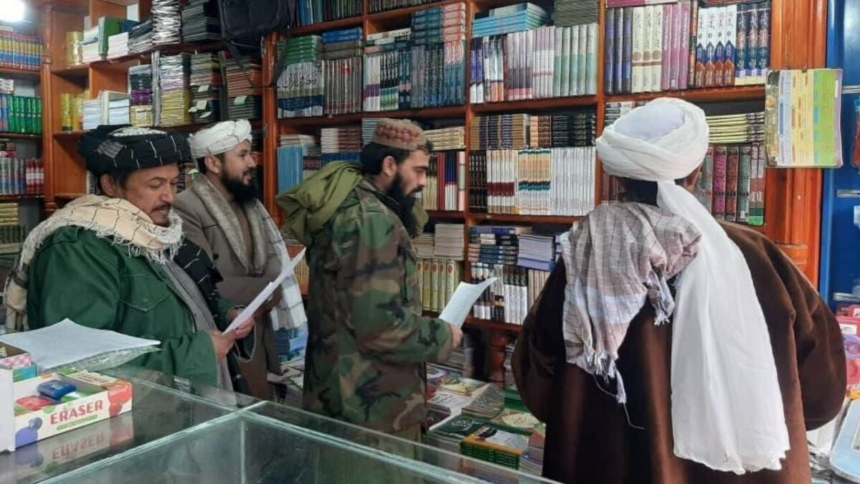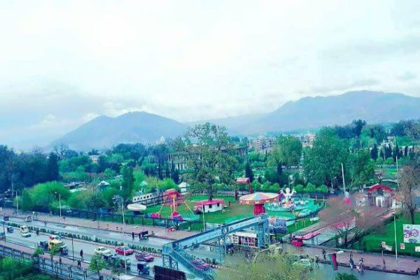RASC News Agency: Academic sources in Kabul have disclosed shocking details of the Taliban’s latest assault on higher education: professors at the English Department of Kabul University have been ordered to remove every female image and even the pronoun “she” from their textbooks. The directive was issued by the Taliban’s so-called curriculum review board, operating under the Ministry of Higher Education, and represents a chilling attempt to erase women not only from public life but even from the very structure of language.
This grotesque campaign extends far beyond the elimination of a pronoun. Earlier reports confirmed that Taliban authorities had already seized and banned books authored or translated by women from the libraries of Kabul University and other state-run institutions. Private universities have since confirmed receiving official letters, signed by Mullah Neda Mohammad Nadim, the Taliban’s minister of higher education, ordering the removal of every female-authored book from their libraries and barring students from accessing them.
According to verified documents, the Taliban’s blacklist now encompasses 679 separate titles a sweeping purge that includes seminal works on human rights, women’s studies, political philosophy, and contemporary global thought. Entire university courses have also been canceled under the pretext that they “contradict Sharia,” a phrase that has become the regime’s blanket justification for censorship, repression, and intellectual suffocation.
Cultural experts and human rights defenders have denounced this campaign as an unprecedented act of cultural vandalism and intellectual genocide. They warn that Afghanistan’s universities are being severed from global academic standards, leaving a generation of young Afghanistanis condemned to intellectual isolation. By erasing women’s voices from books and libraries, analysts argue, the Taliban are not merely censoring knowledge they are weaponizing ignorance to entrench tyranny.
Observers underline that these measures are part of a wider strategy: the systematic erasure of women from Afghanistan’s cultural, educational, and professional landscape. What the Taliban portray as “reform” is, in reality, a brutal project of silencing erasing women’s contributions, restricting academic freedom, and reducing once-vibrant universities into propaganda machines for extremist dogma.
For Afghanistani students and scholars who remain inside the country, the consequences are devastating. Universities that once stood as centers of learning and debate have been reduced to barren halls of indoctrination, stripped of diversity, inquiry, and truth. Professors risk punishment for teaching beyond state-approved dogma, while young women barred from classrooms altogether now watch as their very existence is deleted from the pages of academic texts.
In the words of one Kabul lecturer, speaking anonymously out of fear of reprisal: “They are not just banning women from education. They are trying to erase us from memory itself our books, our voices, even our language. It is as if women never existed.”
This erasure, critics argue, represents not merely a national tragedy but a cultural crime against humanity. Afghanistan is being pushed into a manufactured darkness where a regime terrified of knowledge seeks to control not only the present, but the very narrative of history itself.






